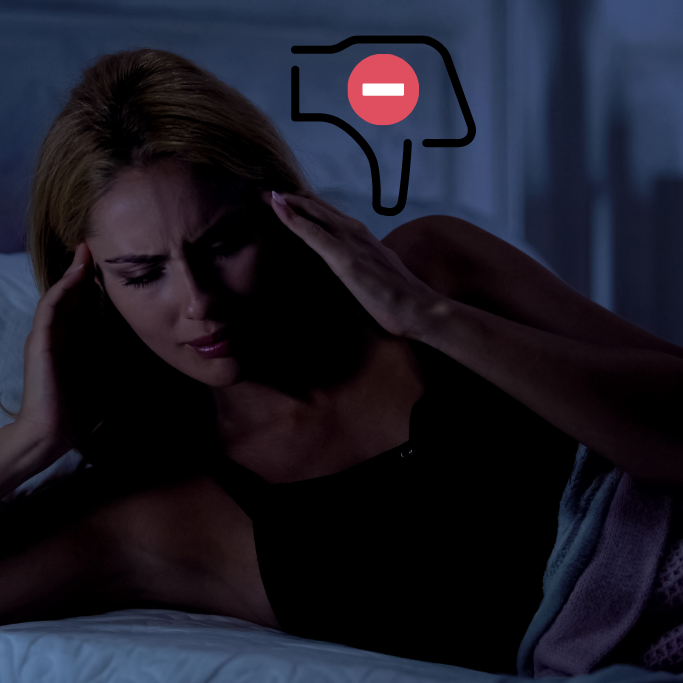Does Delta-8 Make You Sleepy?
As delta-8 continues to earn its place in the spotlight, claims about its effects also pour in. Misconceptions and outright misinformation about delta-8 THC are commonplace. Instead of leaving valuable information behind a wall of questionable sources, we want to clarify precisely how delta-8 might affect your day-to-day life. Plus, we’ll touch on what applications it’s suited for best. One of the most commonly asked questions around delta-8 is: does delta-8 make you sleepy? It’s a fair question, given the common trope about how cannabis makes one sleepy.
Ounce of Hope is here to clear the air on the topic. When choosing a hemp product, nothing’s more important than knowing what you’re getting and what it’ll do, which is why we’re so confident in our own delta-8 products. Let’s dive into the question: does delta-8 make you sleepy?
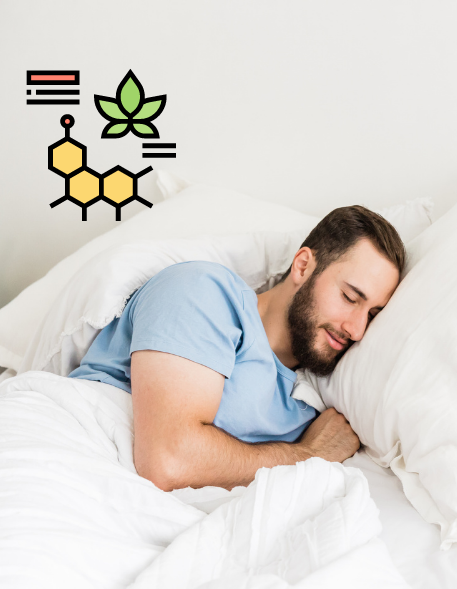 Does Delta-8 Make You Sleepy?
Does Delta-8 Make You Sleepy?
The idea that delta-8 is a potent sleep aid is a common theme emerging among delta-8 users. The milder THC seems to offer a relief formerly lacking in the lives of those who try OTC medications or even prescriptions in vain. For those let down by melatonin and other sleep aids, delta-8 might provide a black and white difference in the quality of life.
When reading online about people’s experiences with something, every person is different, and their experiences will vary widely. For example, not everyone experiences over-the-counter medicine the same way.
But does delta-8 itself hold properties that make you sleep? First, we need to understand how delta-8 THC interacts with the brain and its natural endocannabinoid system.
What Does Delta-8 Do to the Endocannabinoid System?
Here is the nitty-gritty on compounds. First, let’s look at what delta-8 does to the human brain. Seeing how the THC interacts with the brain can give much better insight into how people may experience it.
First, we know that Delta-8 THC engages with the ECS receptors in your brain just like other cannabinoids. What delta-8 engages with is the area of the brain that helps alleviate pain and reduce nausea. We know delta-8 works directly with the body’s CB1 receptors, just like the more common delta-9 THC.
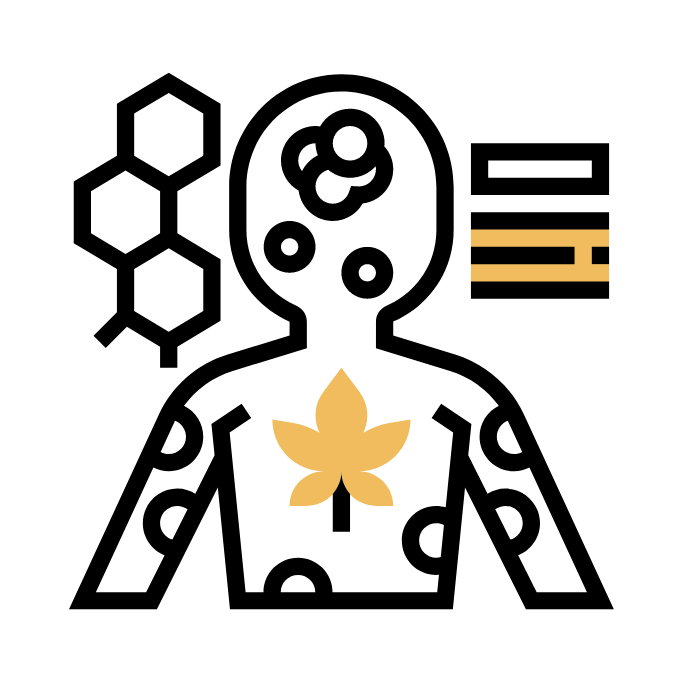 Your CB1 receptors are concentrated in the brain area and within your spinal cord. Researchers believe the CB1 concentration in the brain is why users experience potent cognitive effects during a delta-8 or delta-9 high.
Your CB1 receptors are concentrated in the brain area and within your spinal cord. Researchers believe the CB1 concentration in the brain is why users experience potent cognitive effects during a delta-8 or delta-9 high.
The same research gives much insight into how delta-8 influences your CB1 receptors to create psychotropic effects like delta-9 THC, but on a much more mild scale. This is why delta-8 is lauded as a “beginner” high for those intimidated by the intensity associated with delta-9 marijuana.
This is why some people experience cognitive distortions and higher levels of euphoria when using delta-8.
Scientists have been researching if delta-8 THC also activates CB2 receptors, but the research so far doesn’t have a conclusive picture yet. These particular receptors aren’t concentrated in the spine and brain.
CB2 receptors are dispersed across the peripheral nervous system. This is especially true for the immune and digestive tissues throughout your body. CB2 receptors are known to play a significant role in regulating immune function.
While a lot of this may seem like filler information, it’s quite the opposite. Knowing what delta-8 THC influences parts of the body allows you to understand how it could impact the sleeping patterns of those raving about its positive impact on their lives.
Outside of the concept that delta-8 could lead to one feeling sleepy, there is cause to believe the impact across the body and how it affects these systems may contribute to why people are finding relief in delta-8 use.
How Can Delta-8 Affect the Body?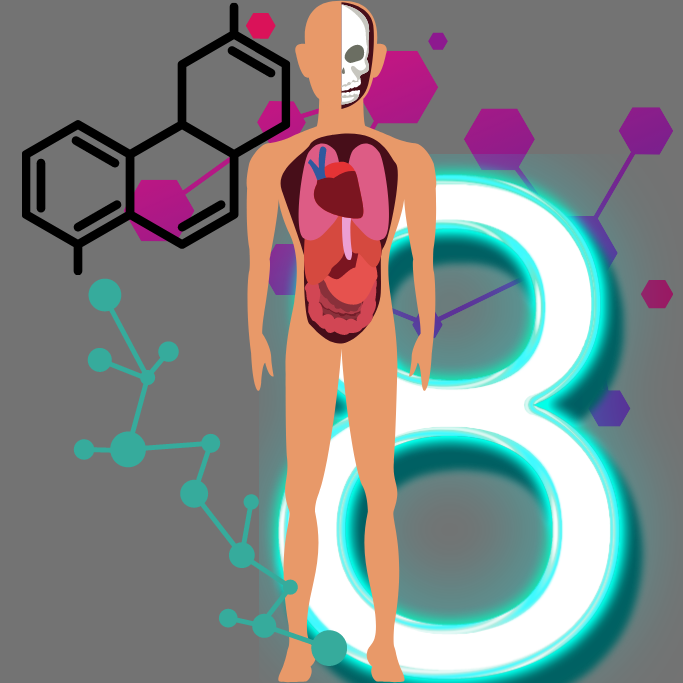
Delta-8 THC has a wide array of effects based on how much you use if combined with other cannabinoids, and when you use it. But for this blog, we decided to stick to the relevant impacts linked to drowsiness, sleep, and rest.
Most of these functions are directly correlated with the endocannabinoid system in one fashion or another. So expanding outwards, we need to consider which things going on within our body may cause disruptions that impact our ability to self-regulate these functions.
This is where delta-8 comes in. Disrupted sleep cycles have a laundry list of causes, some of which you may have never related to the issue at all. It’s easy to forget that matters unrelated to the body could impact something else way down the line, but this is what is happening most of the time.
Delta-8 is known for causing Euphoric experiences, relaxation, and uplifting emotions. While not a list of all its impacts, what’s noticeable is the lack of terms like “sleepy” or “drowsy,” which you can get from a multitude of delta-9 THC cannabis strains.
So the question is, what impacts of delta-8 could lead to better sleep? First, let’s look at common issues that regularly disrupt restful sleep and how regulating the endocannabinoid system could help improve that.
What Negatively Impacts My Sleep?
Many different things inside the body can impact sleep, even if they don’t seem like they would. For example, stress, muscle soreness, nerve pain, and other issues affect our rest ability.
So knowing that let’s go over the operational issues that delta-8 could aid in and, as a side effect causing better rest.
Stress
Stress is a common issue that many people experience at some point or another. Unfortunately, people often overlook the full scope of issues that stress can cause. Believe it or not, stress ranks relatively high among the reasons people have trouble sleeping. 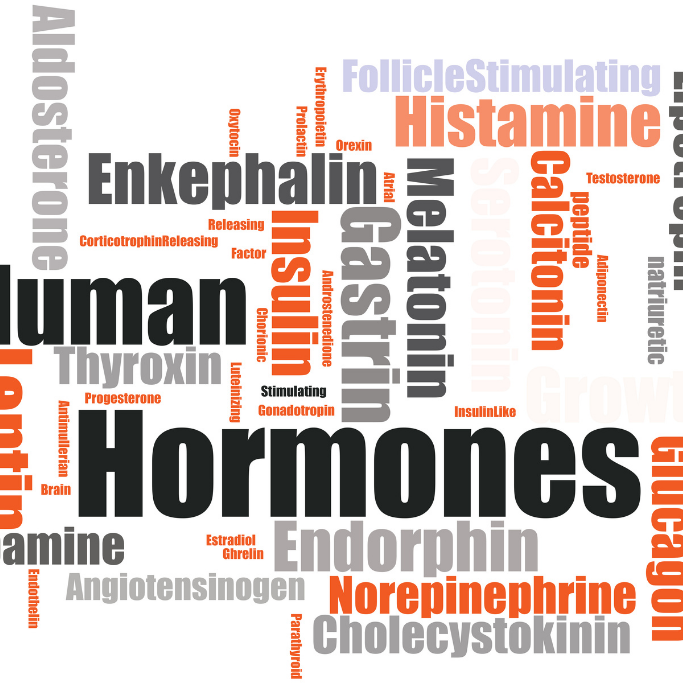
Whether it’s personal commitments, work deadlines, creative blocks, or other root issues, stress creeps up on the best of us. But no matter the original point, stress impacts the body in ways that are not always apparent.
Most of these issues operate below the surface, and their long-term effects only show through secondary matters. These include:
Hormones
When the body interprets things as a threat, stress hormones like noradrenaline, adrenaline, and cortisol are released that trigger physical changes. The body becomes locked in a fight-or-flight mode. Under chronic stress conditions, this state of being can be set off even when not needed.
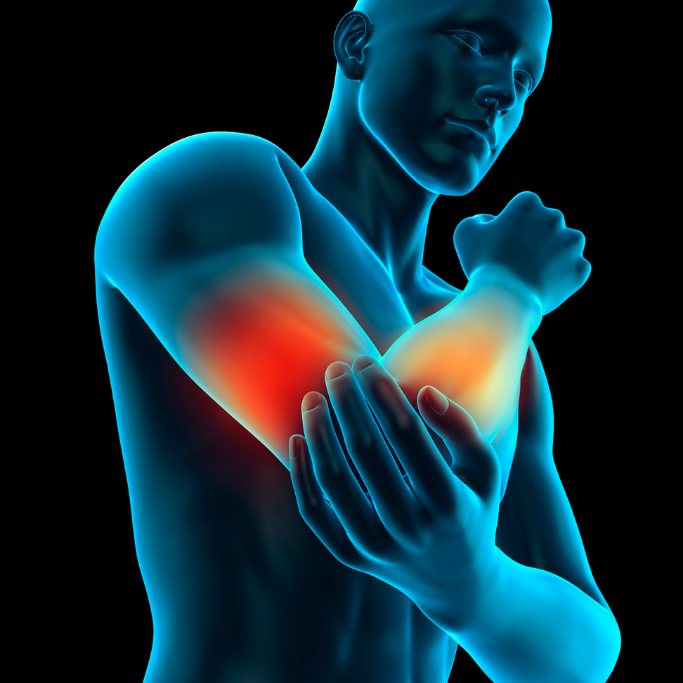 Muscles
Muscles
Muscles throughout the body reflexively tense up in response to stress. When faced with prolonged stress, the body will hold onto this tension as it prepares for conflict. This can lead to headaches, back pain, and other muscle soreness.
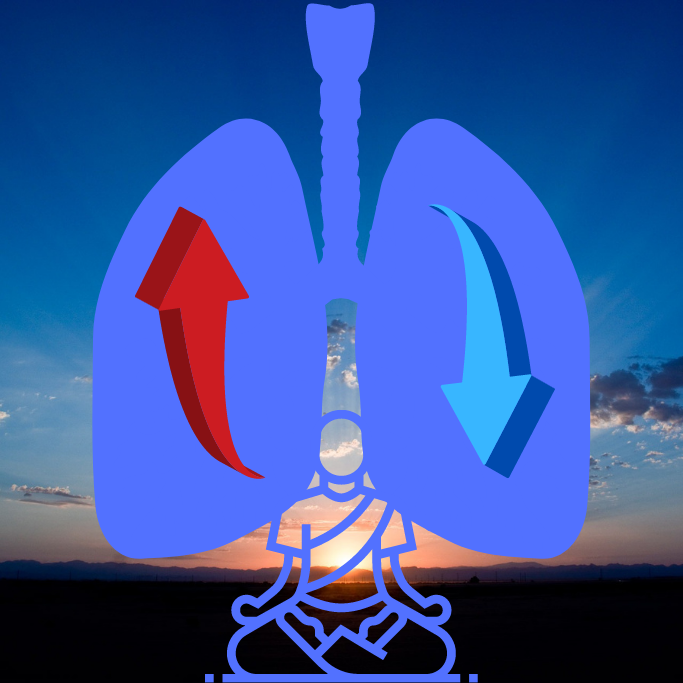 Breathing
Breathing
Breathing is an often overlooked area of stress impact. Stress can lead to short and rapid breathing, impacting chronic conditions like COPD and asthma. In addition, this forced state of breathing can cause tension across the chest and other body areas.
Blood Pressure
 Stress hormones have a heavy impact on blood pressure. This can cause increased anxiety and dilated vessels. In addition, ongoing and continuous stress can lead to inflammation of the circulatory system and are known factors for increased risk of heart attack and stroke.
Stress hormones have a heavy impact on blood pressure. This can cause increased anxiety and dilated vessels. In addition, ongoing and continuous stress can lead to inflammation of the circulatory system and are known factors for increased risk of heart attack and stroke.
Delta-8 THC stands in direct opposition to the cortisol released into the bloodstream from these issues. Cortisol is the stress hormone responsible for how our bodies react to stimulation that we find troubling.
Some studies have shown that delta-8 in the system causes lower cortisol levels in subjects when presented with a stressful situation. This means less stress and better coping. Delta-8 is still being researched now, but these results show promise in helping people deal with their stress.
The bottom line is: Less stress equals better rest.
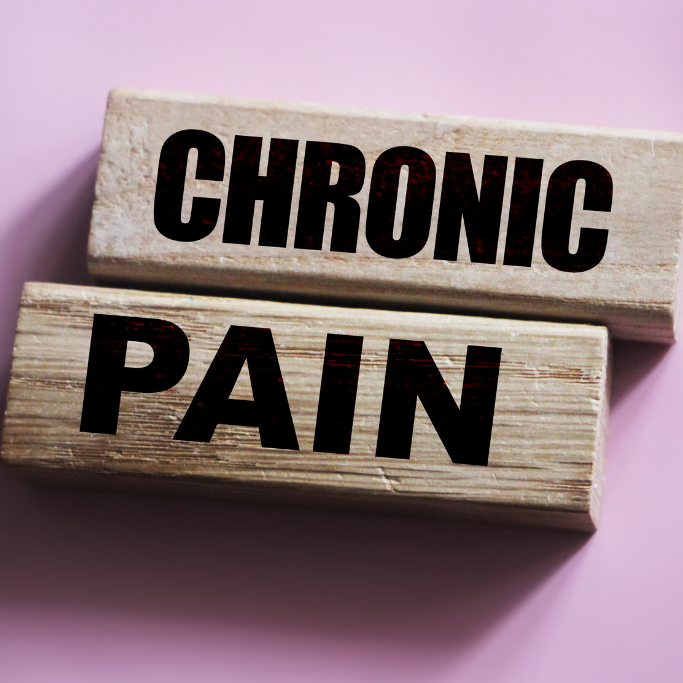 Chronic Pain
Chronic Pain
Individuals who contend with chronic pain regularly experience sleep disturbance. This can come in less deep sleep, frequent waking, or limited REM cycles. All of which make your rest much less restful than what is needed.
The quality of sleep when dealing with chronic pain is often light and devoid of rejuvenation. This leads to less energy, fatigue, inflammation, worse pain while awake, and altered mood. In addition, the side effects of chronic pain tend to take a backseat in people’s minds after long-term exposure, and most don’t even consider it a primary issue if the pain itself is “manageable” while awake.
But these things deeply affect our ability to rest and sap our strength even when asleep. If inflammation and agitation are happening internally, the body never has the opportunity to relax and begin the healing process altogether.
Delta-8 interacts directly with the endocannabinoid system, regulating pain and other neurological functions. By decreasing the amount of pain being registered in the body, muscles and other organs can relax and stop holding onto tension.
This directly impacts our body’s ability to heal and, in doing so, allows us to fall into better sleep since the sensations of pain are not causing issues. In addition, by bringing down these levels of pain signals, you can start feeling sleepy since you are no longer fighting off the negative impact of chronic pain.
Poor Diet
This one catches a lot of people off guard. Yes, what you eat and how your body reacts to it. Minor sleep disturbances can be attributed to stomach issues. However, many sleep disturbance has a lot to do with gas build-up or irritation around poor reactions to food.
A prime example of this could be something like indigestion caused by an abundance of spicy food. Another is minor cases of lactose intolerance. While lactose intolerance sounds like something a person would be acutely aware of, not everyone has extreme instances where the results are noticeable.
Poor reactions to food or having too much of something like caffeine or alcohol can prevent the brain from getting into a deep sleep. No deep sleep means no REM cycle. No REM cycle means no rest.
Most of this is brought on by inflammation. This inflammation is caused in the gastrointestinal tract and is usually a direct result of the body disagreeing with that late-night snack or spice-heavy meal. Unfortunately, we don’t always know right away that our body is upset over food, and sometimes the only symptom could be something like insomnia.
The best way to skirt this issue is to avoid foods that cause the body stress, and the second-best way is to treat the problem before laying down for the night.
Research on delta-8 has shown that it can help with stomach-related issues. This ranges from decreasing the amount of stomach acid produced to helping the valves in the esophagus. These issues are not associated with poor sleep.
Managing these symptoms with delta-8 may be a natural and effective method to reduce these symptoms and ultimately lead to easier sleep.
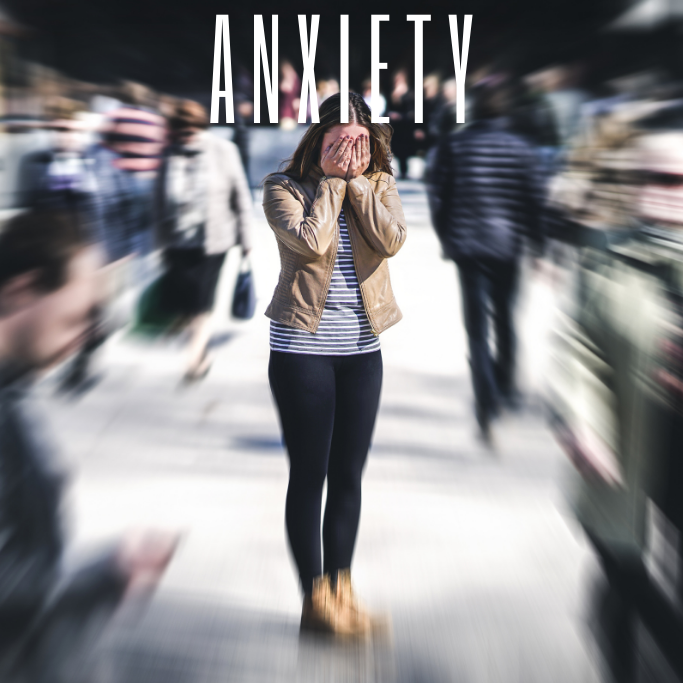 Anxiety
Anxiety
There is already a known link between anxiety and insomnia. People who spend a lot of time stuck in their heads with worry regularly show sleep, rest, and fatigue issues. In addition, mental hyperarousal, frequently marked by uncontrollable concern, has been identified as a critical factor in insomnia.
Even falling asleep doesn’t guarantee that someone can escape the wrath of their anxiety. People with anxiety disorders often have higher sleep reactivity. This means that they are predisposed to have sleep problems when facing stress.
Even anxiety centered on sleep itself can perpetuate a cycle of sleep disorder that reinforces a sense of dread and preoccupation. All aspects of stress and its impact on the body can be traced to conditions involving fatigue and sleep loss.
Like many other internal hormone systems, this is regulated by functions within the endocannabinoid system. For example, Delta-8 is a compound that binds directly with receptors that involve anxiety reactions, just the same as stress and pain.
This is where delta-8 THC holds the potential to help. Delta-8 compounds bind directly to CB1 receptors. This opens up a slew of neurotransmitters. When those pathways open, the energy levels in the brain shoot up, while the clutter caused by anxiety is reduced.
So — Does Delta-8 Make You Sleepy?
This is the meat of the issue, and when more research is funded and allowed, there may be a cleaner and more efficient answer. As of right now, delta-8 could make some people sleepy, but it’s more likely that its interaction with underlying issues allows people to feel the sleepiness that was already present.
The idea that delta-8 THC itself is causing drowsiness is based on the user’s relaxation. This can be especially true for those so used to the pain or mental stress they are constantly under that they don’t consider it anymore.
By binding with the CB1 receptors in the brain, delta-8 shows high potential in alleviating a wide array of issues that most people are suffering from when they find they are having trouble getting to sleep.
Once the brain can unfocus on chronic issues, or even those that just take a lot of primary resources (stomach issues being an example), the ability to feel the day’s fatigue becomes easier to succumb to. This means you can feel the tiredness you are supposed to and act on it. With nothing interrupting your brain while you try to sleep, you may find that the sleep you need comes naturally and with ease again.
Wrapping Up
So we covered an extensive array of issues that medical science has linked to insomnia and plain old unrestful sleep. We learned that many of those issues could stem from hormone imbalances that someone might not even be aware of. And most importantly, we know that getting rid of those signals from the brain may be the solution some people are looking for when it comes to getting to sleep.
What’s still in the air is if delta-8 can be the main culprit in someone feeling sleepy after use. While science is currently pointing to delta-8 as an aid in helping those already in need of sleep, it is not 100% clear if it causes drowsiness in some people directly. We’ll find out more as cannabis research continues to get the green light. As it stands now, however, delta-8 THC is certainly less likely to cause a nap as much as the more powerful delta-9 THC.
Does delta-8 make you sleepy? Something to keep in mind with delta-8 is that if it’s certainly a source of the sleepies, it’s confusing to hear testimonies from users who report delta-8 providing focus and energy. What may instead be a factor is the type of delta-8 flower you’re using. Indica and Sativa strains can provide different characteristics. Sativas are stereotypically known for its energizing qualities. Conversely, Indica strains are well-known for turning a user into a couch potato for the evening.
Like any other chemical compound introduced into the body, everyone is different with varying responses. No one experiences metabolizing things the same way. Some people may get tired due to delta-8, but more testing is something to learn over time.
Sources:

